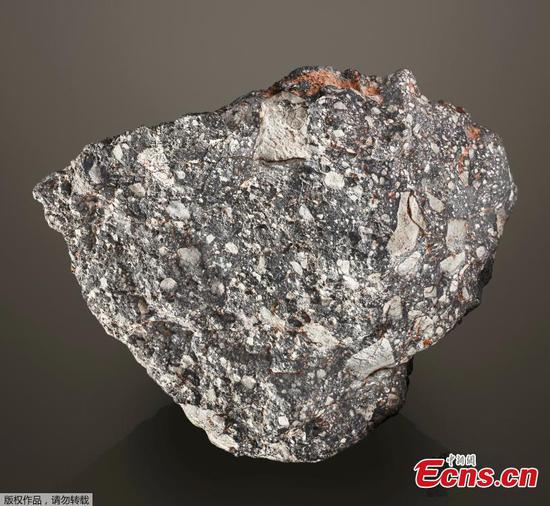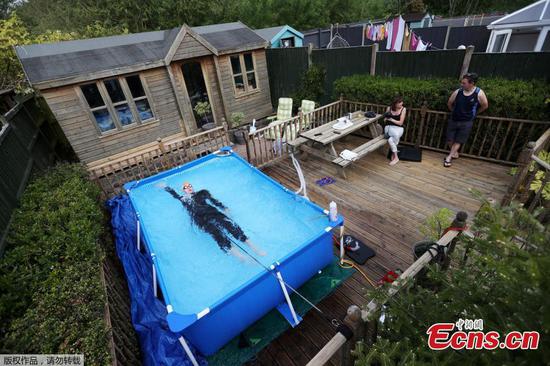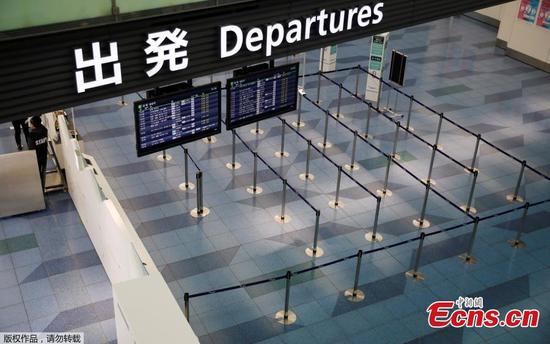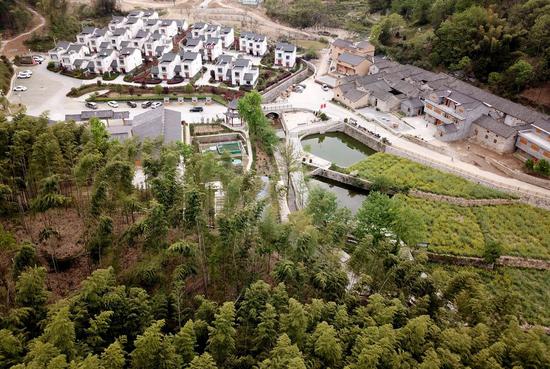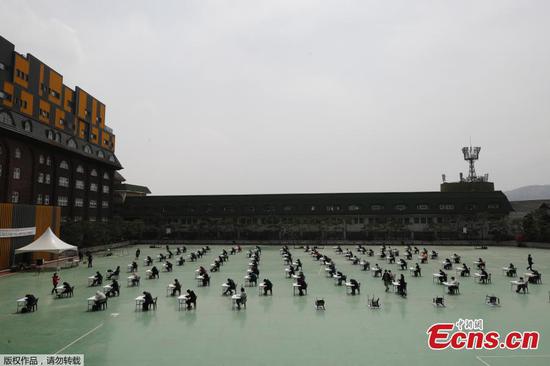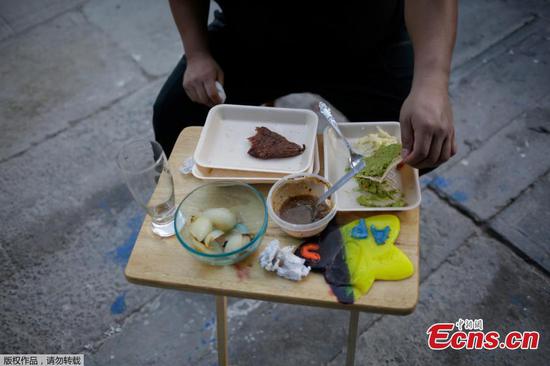Newly built residential districts should include land designated for facilities for seniors, while inefficient existing facilities must be optimized to satisfy the needs of older people, according to a guideline released by the Ministry of Natural Resources recently.
Service facilities for seniors must be proposed, built and assessed simultaneously with residential apartments, the guideline said.
The regulation is aimed at instructing local authorities to strengthen planning and ensure an effective supply of land for seniors' living facilities as a way of supporting the development of elderly care.
"Senior living facilities" refers to establishments that provide daily care, rehabilitation nursing, medical services and other assistance exclusively for elderly people.
China is grappling with a rapidly aging population; by the end of 2018, the country was home to almost 250 million people age 60 and older, according to the National Bureau of Statistics.
That figure is projected to reach 487 million by 2053, when Chinese people will account for a quarter of the global population in that age group, meaning China's workforce will fall to less than 700 million.
The growing senior population will require facilities to support medical needs and daily care, as well as accommodations for nurses, caregivers and other medical workers, which are in short supply.
Moreover, by the end of 2018, there were just 28 nursing home beds available for every 1,000 seniors. There is also a shortage of high-quality facilities to house seniors, while geographical spread and equal access remain problematic.
"Nonprofit institutions run by the private sector have difficulty acquiring land allotted by the government. Using existing resources in old communities for the construction of facilities for seniors is still a challenge," said Zheng Lingzhi, director of the development and utilization department at the ministry.
The land supply and spatial planning of senior care facilities need to be improved, which is why the policies on land use for senior care have been formulated to ensure enough land for such facilities, he added.
Elderly care NGOs can apply for land allocated by local governments, while private companies are encouraged to obtain land by renting. The moves are intended to guarantee that the various needs of elderly care will be met.
Local governments are encouraged to take advantage of existing resources in the community, such as unused school buildings, warehouses and vacant houses, to build senior service facilities.
Nonprofits that turn existing resources into senior service facilities do not need to pay any extra fees for the land, the guideline said. It added that the government will severely restrict changes of purpose for land intended for senior facilities.
The condition of land designated for seniors' living facilities will be included in the credit system for the land market, a mechanism that collates information about land use and evaluates the conduct of purchasers.
Those who use land reserved for senior care for other purposes will be put on a blacklist, said Du Guanyin, deputy director of the ministry's development and utilization department.
Different provinces and cities should plan the scale, standards and overall arrangements of land use for senior living facilities in accordance with their own demographic structure and aging problem.
Li Feng, a member of staff at the ministry's spatial planning department, said more land for senior care facilities will be made available in regions with the most severe aging problems.









